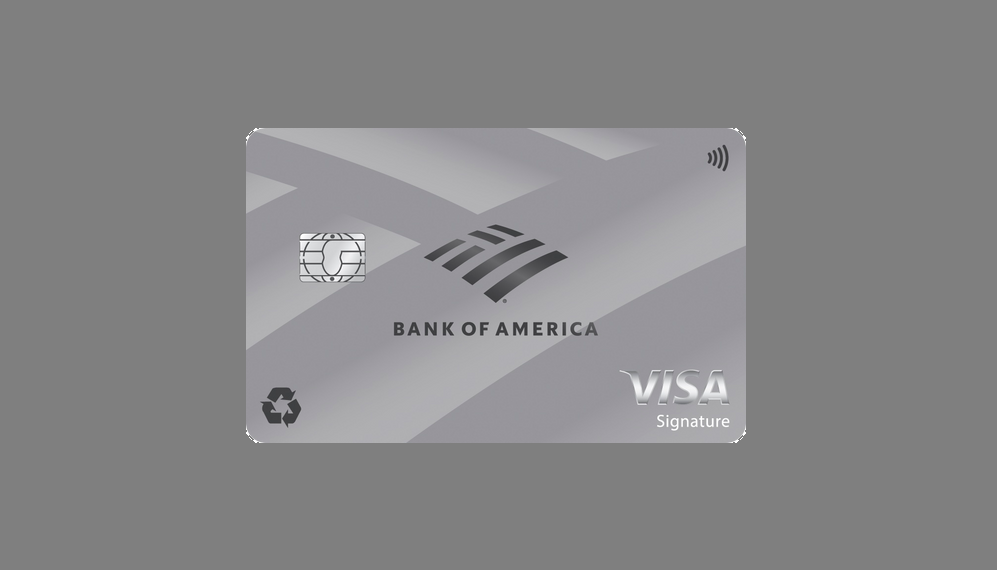The Impact of Credit Cards on Building a Healthy Credit History

Introduction to Credit Cards and Financial Implications
Understanding how credit cards shape your financial future is crucial. For many Americans, these plastic tools offer more than just spending power; they play a pivotal role in establishing credit history. In fact, according to a 2021 report by Experian, nearly 90% of Americans utilize credit as a part of their financial lives, making it essential to navigate this landscape wisely.
A healthy credit history can lead to numerous financial advantages, such as:
- Lower interest rates on loans and mortgages: A solid credit history often translates to lower rates for personal or home loans, which can save consumers thousands over the life of a loan.
- Easier approval for additional credit: With a pepped-up credit score, lenders are more likely to view you as a trustworthy borrower, simplifying the approval process for additional credit cards or loans.
- Better insurance premiums and rental options: Many insurers and landlords assess credit scores to determine rates or approvals, meaning a strong credit history can make significant financial differences in these areas.
But how exactly do credit cards contribute to building this essential aspect of personal finance? The relationship is multifaceted, influenced by various factors such as payment history, credit utilization, and the length of credit accounts. Payment history, for instance, accounts for approximately 35% of your FICO score, meaning timely payments can bolster your score significantly. A single missed payment can remain on your report for seven years, leading to potentially costly ramifications.
Credit utilization, representing the balance you carry relative to your credit limit, is another critical component. Experts recommend keeping this ratio below 30%, as a lower utilization rate can positively showcase your credit management skills. Opening new credit accounts can diversify your credit mix, which is beneficial, but it’s vital to avoid overextending your credit lines.
In the following sections, we will explore key strategies and insights that illustrate the positive impact of credit cards on your credit history. From responsible usage tips, such as setting reminders for payment dates, to common pitfalls like making only minimum payments, this article aims to guide you toward making informed decisions for your financial journey. Understanding and leveraging these elements can empower you in your quest for financial stability and success.
DIVE DEEPER: Click here to unlock the secrets
Understanding Key Factors in Credit Card Utilization
The journey toward a strong credit history begins with understanding the variables that influence it, particularly when it comes to credit card usage. Credit cards are not merely a way to make purchases; they serve as tools that can, if managed properly, bolster your credit score and, consequently, your overall financial health.
Payment history is perhaps the most significant factor in determining your credit score, accounting for about 35% of your FICO score. Timely repayments not only reflect responsible financial behavior but also instill trust in lenders. For instance, making payments on time across all your accounts can yield a significant score increase. Conversely, a single missed payment can linger on your report for up to seven years, severely hindering your ability to secure loans or favorable interest rates. This underscores the importance of consistent and punctual payment habits.
Another crucial component is credit utilization, which measures the ratio of your credit card balances to your credit limits. The recommended benchmark is to maintain a utilization ratio below 30%. High utilization can signal risk to lenders, while keeping your balances low relative to your limits demonstrates good credit management. For example, if your combined credit limit across multiple cards is $10,000, you should aim to keep your total outstanding balance under $3,000. This not only helps in maintaining a healthy credit score but also encourages prudent financial habits.
The Role of Your Credit Mix
Diversifying your credit mix by having a blend of credit accounts—such as credit cards, car loans, and installment loans—can further enhance your credit profile. Lenders appreciate a diverse mix, as it shows you can manage various types of credit responsibly. However, this strategy should be approached with care; applying for too many credit accounts in a short period can trigger multiple hard inquiries on your credit report. Each hard inquiry can temporarily lower your score, making it vital to strategize when opening new accounts.
Moreover, the length of your credit history plays an important role in shaping your credit score. A longer credit history can be favorable, demonstrating your experience as a borrower. Keeping older accounts open, even if you don’t use them frequently, can lengthen your average credit age and positively affect your credit score. Therefore, it’s wise to consider maintaining your long-standing accounts instead of closing them too hastily.
Ultimately, building a healthy credit history through credit card usage requires a balance of these factors: timely payments, prudent credit utilization, diverse credit types, and the maintenance of older accounts. Transitioning into strategies that promote these attributes can pave the way for financial opportunities and benefits that resonate far beyond just access to credit cards.
DISCOVER MORE: Click here for a step-by-step guide
Maximizing Benefits from Credit Card Usage
While understanding the foundational elements of credit card management is essential, discovering ways to maximize the benefits these financial tools offer can significantly improve your credit history. One avenue brightened by credit cards is the ability to earn rewards and cashback, which can enhance your purchasing power while simultaneously contributing to your credit score. Many credit cards now offer incentives where users earn points on their purchases that can be redeemed for travel, merchandise, or cash back. Thus, responsibly using a credit card for everyday expenses—like groceries or gas—can provide perks that offset your costs while building credit.
Another essential strategy involves setting up automatic payments for your credit card bills. This practice not only ensures you never miss a payment, but it also allows you to establish a flawless payment history over time. Many credit card issuers offer alerts for upcoming due dates; utilizing these notifications can serve as a helpful reminder to keep your payments on track and avoid late fees that may negatively impact your score.
The Importance of Credit Inquiries
As previously mentioned, hard inquiries can be detrimental to your credit score. Each time you apply for a new credit card or loan, lenders conduct these inquiries to evaluate your creditworthiness. While a single inquiry will cause a minor dip in your credit score, multiple inquiries can accumulate to create a more significant impact. It is advisable to space out applications for new credit and only apply when necessary. Additionally, if you are shopping for a mortgage or auto loan, try to complete all applications within a short timeframe; most credit scoring models will treat multiple inquiries in a single round as one, minimizing the impact on your score.
Another intriguing aspect of credit cards is their potential to facilitate financial education. Many credit card companies offer tools and resources that help cardholders track their spending habits and gain visibility into their credit scores. Taking advantage of these features can empower consumers to develop better financial practices, including budgeting, managing expenses, and understanding credit reports.
Ioof course, credit cards can only enhance your credit history when used with prudence. It is essential to remain vigilant against accumulating high-interest debt that can spiral out of control. Carrying a balance from month to month can subject cardholders to hefty interest charges that reduce the benefits obtained from credit card usage. Therefore, maintaining a strategy that aligns your spending with your ability to pay off the balance in full each month can be advantageous.
- Pay off your balance in full: Doing so not only avoids interest charges but frees up your credit utilization ratio.
- Use your card regularly: Regular usage accompanied by timely payments signals to lenders that you are a responsible borrower.
- Monitor your credit score: Staying informed about your credit status allows you to take action before any potential issues impact your financial health.
Such practices can not only keep your credit score in check but also cultivate a robust credit history, setting the stage for any future financial endeavors. A healthy synergy between competent credit card management and an understanding of credit-building strategies will ultimately leave you well-positioned in the world of finance.
DISCOVER MORE: Click here to learn how to apply easily
Conclusion
In conclusion, the role of credit cards in building a healthy credit history cannot be overstated. By taking a proactive approach to using these financial tools, millennials and other consumers can harness the potential of credit cards to their advantage. Through responsible usage, including timely payments and proper management of credit limits, individuals have the opportunity to not only maintain a good credit score but also to build a positive financial future.
The benefits of rewards and cashback programs transform everyday spending into opportunities for financial gain, while features like automatic payments help ensure an impeccable payment track record. Furthermore, understanding the implications of hard inquiries enables consumers to apply for new credit judiciously, preserving their credit health. Additionally, utilizing resources for financial education available through credit card companies can empower users to make informed financial decisions, ultimately fostering a sense of financial literacy that extends beyond credit cards.
As you navigate the world of credit, it is crucial to remain vigilant about your spending habits and overall financial strategy. Strategies such as paying off balances in full, monitoring credit scores regularly, and employing healthy financial practices promote long-term benefits that go hand-in-hand with building robust credit histories. By adopting an informed and cautious approach, you set the foundation for future financial opportunities, whether they involve securing loans, acquiring a mortgage, or simply managing day-to-day expenses. Embracing the potential of credit cards as a pathway to enhance your credit profile will not only enrich your current financial situation but also benefit you well into the future.


